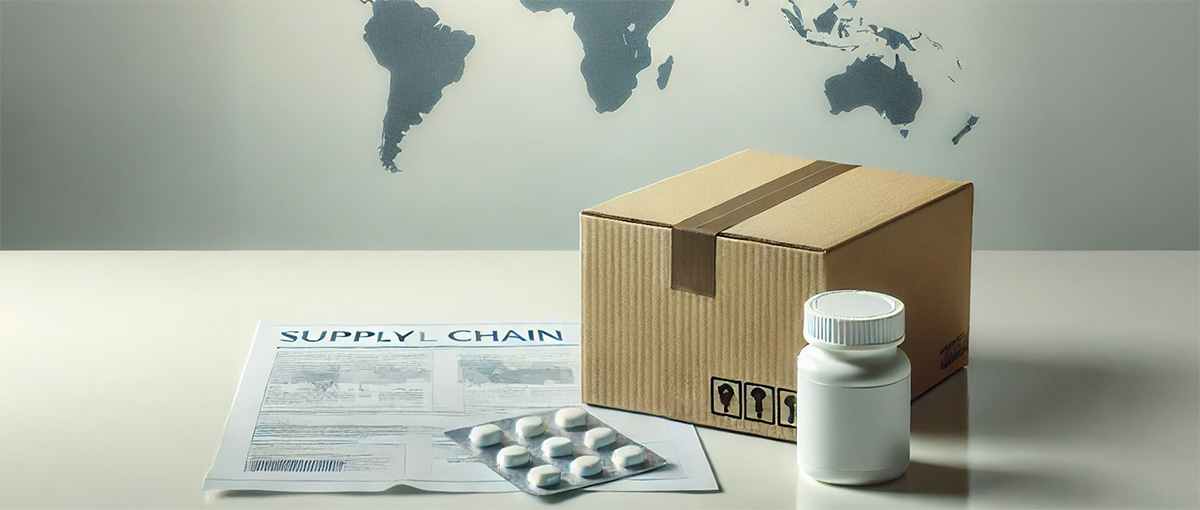supply chain
From the Pandemic to geopolitical tensions: how risks in the pharmaceutical supply chain are evolving

Health crises, geopolitical instability and raw material shortages are redefining the priorities of the pharmaceutical sector. A study by the POLIMI School of Management analyses how recent global turmoil has changed the perception and management of risk in the pharmaceutical supply chain, highlighting the urgency of integrated strategies, new technologies and increased collaboration between supply chain stakeholders.
In recent years, the pharmaceutical sector has faced unprecedented challenges. Brexit, COVID-19, geopolitical tensions, and raw material shortages have put immense pressure on the pharmaceutical supply chain, highlighting the need for effective risk management to ensure the continuity in the production and distribution of medicines.
A recent study conducted by Claudia Ciceri, Camilla Borsani, Michela Guida, Marco Farinelli, and Federico Caniato from the School of Management of Politecnico di Milano delves deep into these issues. Published in the International Journal of Operations & Production Management, the research, titled “Impact Pathways: Navigating Risks in the Pharmaceutical Supply Chain – A Multi-Actor Perspective”, provides an overview of the risks affecting the pharmaceutical supply chain and how they are perceived by different supply chain actors.
According to the study, recent geopolitical events have reshaped perceptions of the most critical risks. While logistics delays and cost fluctuations were previously considered the most severe threats, new priorities have emerged in response to the rapidly changing global landscape. Among the most relevant risks today are the scarcity of raw materials, insufficient manufacturing capacity and compliance to regulations. Additionally, different stakeholders within the supply chain perceive risks differently and often adopt fragmented risk management strategies, increasing the sector’s vulnerability. The study therefore outlines new research directions to address real and unmet needs in pharmaceutical supply chain risk management.
First, the study highlights the importance of developing risk assessment models that integrate probability estimations and economic and social impact evaluations, enabling companies to allocate resources more effectively for risk mitigation.
The role of digital technologies such as artificial intelligence, blockchain, and the Internet of Things is also deemed crucial. These technologies could enhance traceability and supply chain monitoring, increasing transparency and responsiveness to disruptions.
Furthermore, the analysis underscores the need to incorporate macroeconomic and geopolitical factors, such as international conflicts and trade policies, into risk management strategies to anticipate potential supply chain disruptions.
Finally, the study encourages regulatory bodies to include all relevant stakeholders in their initiatives, as their on-the-ground experience could provide valuable insights for a more integrated and effective risk management approach. A systemic approach is essential to building a more resilient pharmaceutical supply chain capable of tackling future challenges.
This research paves the way for new perspectives in risk management, stimulating discussion among academics, industry professionals, and regulators to better address the challenges of tomorrow.
Read the full article here: https://doi.org/10.1108/IJOPM-06-2024-0458





